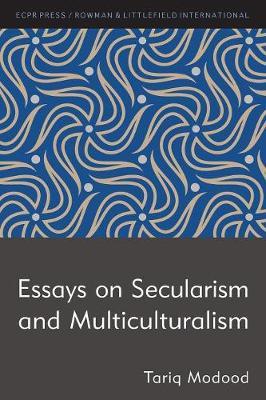Essays on Secularism and Multiculturalism

Essays on Secularism and Multiculturalism
In this collection of essays, Tariq Modood argues that to grasp the nature of the problem we have to see how Muslims have become a target of a cultural racism, Islamophobia. Yet, the problem is not just one of anti-racism but of an understanding of multicultural citizenship, of how minority identities, including those formed by race, ethnicity and religion, can be incorporated into national identities so all can have a sense of belonging together. This means that the tendency amongst some to exclude religious identities from public institutions and the re-making of national identities has to be challenged. Modood suggests that this can be done in a principled yet pragmatic way by drawing on Western Europe's moderate political secularism and eschewing forms of secularism that offer religious groups a second-class citizenship.
Descrierea produsului
In this collection of essays, Tariq Modood argues that to grasp the nature of the problem we have to see how Muslims have become a target of a cultural racism, Islamophobia. Yet, the problem is not just one of anti-racism but of an understanding of multicultural citizenship, of how minority identities, including those formed by race, ethnicity and religion, can be incorporated into national identities so all can have a sense of belonging together. This means that the tendency amongst some to exclude religious identities from public institutions and the re-making of national identities has to be challenged. Modood suggests that this can be done in a principled yet pragmatic way by drawing on Western Europe's moderate political secularism and eschewing forms of secularism that offer religious groups a second-class citizenship.
Detaliile produsului












